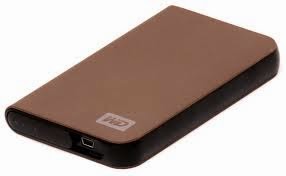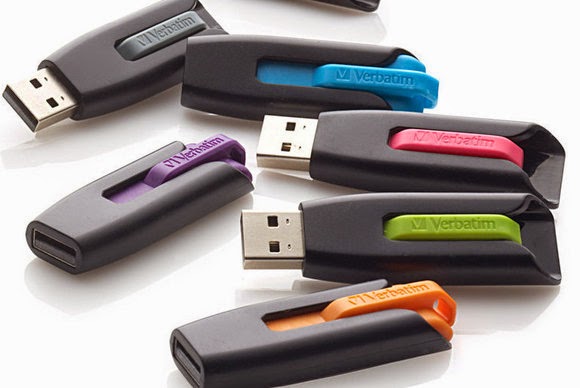Category Archives: flash drive
Panic!
By John Gilstrap
http://www.johngilstrap.com/
In my non-writing life, I am a safety engineer. My job–my nature, actually–forces me to look at any given situation at any given time, and project what can go wrong. We don’t burn a lot of candles in our home because open flames are essentially nacent conflagrations. We have an artificial Christmas tree because I know from my fire service experience how explosively combustible live (actually dead) evergreens are. I am all about controlling risk.
It shouldn’t be a surprise, then, that I am paranoid about losing data. Think about it. As an author, I create people and places out of my imagination, and the only place where they exist is on the page. If the pages burn up, everything goes away. Even the DNA is gone, because no DNA ever existed outside of the controlled psychosis that is writing.
It’s worse than that, though, because in this day of the computer, the characters that exist only on the page aren’t really ever on the page until very late in the process. They exist exclusively on a disk–magnetic media that I don’t begin to understand. If the computer drive fails, everything on it fails with it. I can’t imagine the emotional trauma of losing 100,000 words and many months’ work to a power surge. It’s the stuff of nightmares.
My hedge against the nightmare is my flash drive. I bought this USB storage device five or six years ago, and it literally contains every word I’ve ever written professionally. All seven books, plus the first twenty pages of Book Eight–the untitled third book in my Jonathan Grave thriller series. When I settle in for a writing session, I call up the version of the manuscript that is stored on the flash drive, and I write away, saving frequently. When that writing session is finished, I save that version to the hard drive of whatever computer I’m working on (home, work or laptop). That way, if a disaster happens, a current copy exists on at least two points of storage. The flash drive remains in my right front pocket all the time. All. The. Time. My flash drive has seen every corner of the world.
Last week, I lost the flash drive. I wore a new pair of slacks that happened to have shallow pockets, and when I got home, the flash drive was gone. I called the hostess of the party, but no, she couldn’t find it. Crap.
And wouldn’t you know it? I had violated my own long-standing personal rule to always back up to the hard drive, and thus, the entire first chapter of my new book was gone. No back-up anywhere. Okay, it was only 20 pages, but they were a really good 20 pages. Damn.
Title of this blog entry notwithstanding, I’m not one to panic over anything. I truly am the person you want to be with in an emergency. I am, however, one to cuss and kick at the floor when I get caught doing something stupid. What the hell was I thinking, not backing up the beginning of a new story? Sometimes, God gobsmacks the guy who takes his eye off the ball. It’s what you call one of life’s sobering moments.
I’ll certainly never do that again.
Good news: three or four days after I’d lost my flash drive, the hostess of the party called and told me she’d found it. I’d dodged a bullet, but the lesson was learned.
So, what about you? Share your paranoia with us. What do you do to protect your data as you write a new story? If, God forbid, your house burned to the ground, would you be able to continue on with your book?


